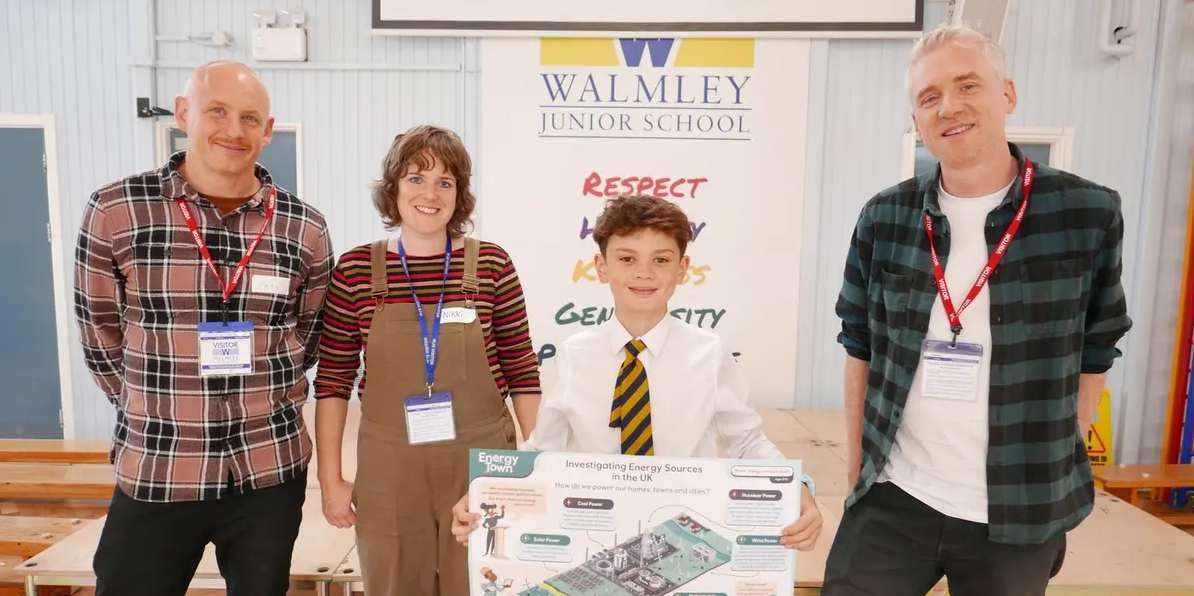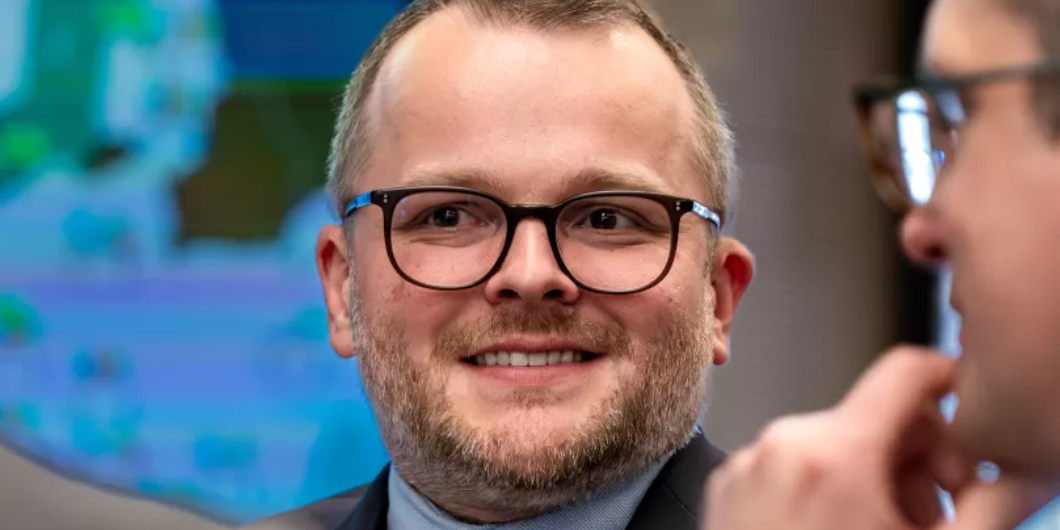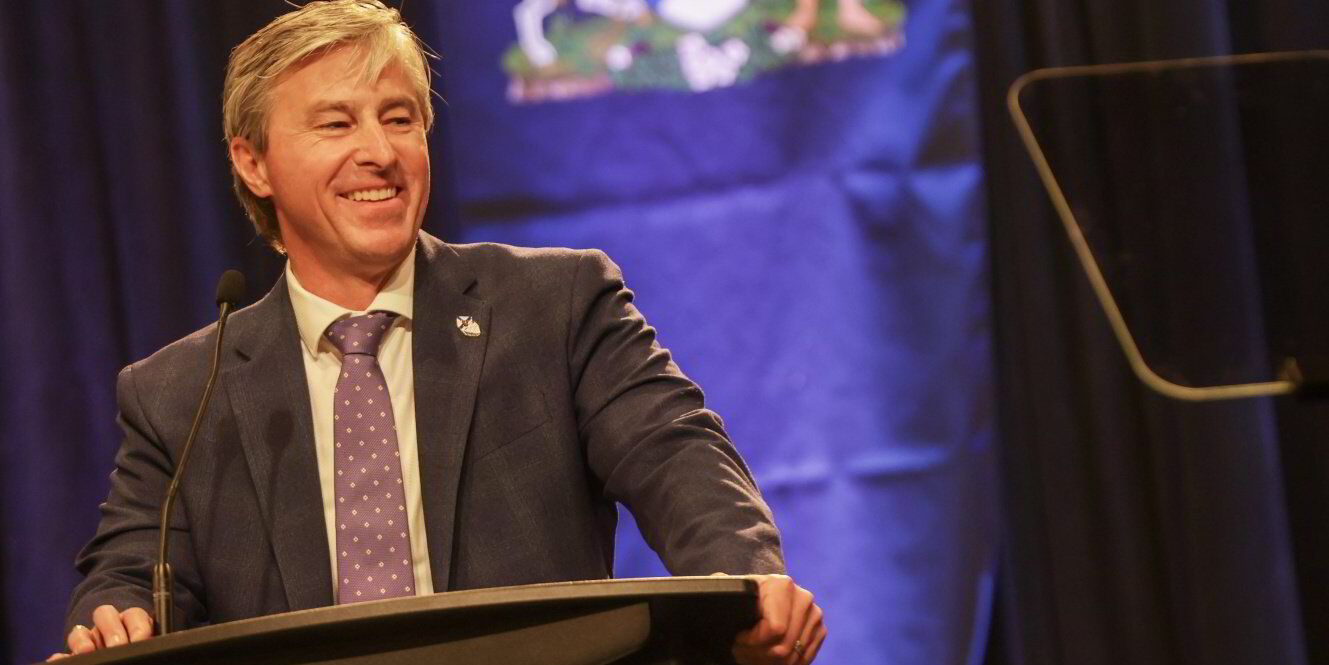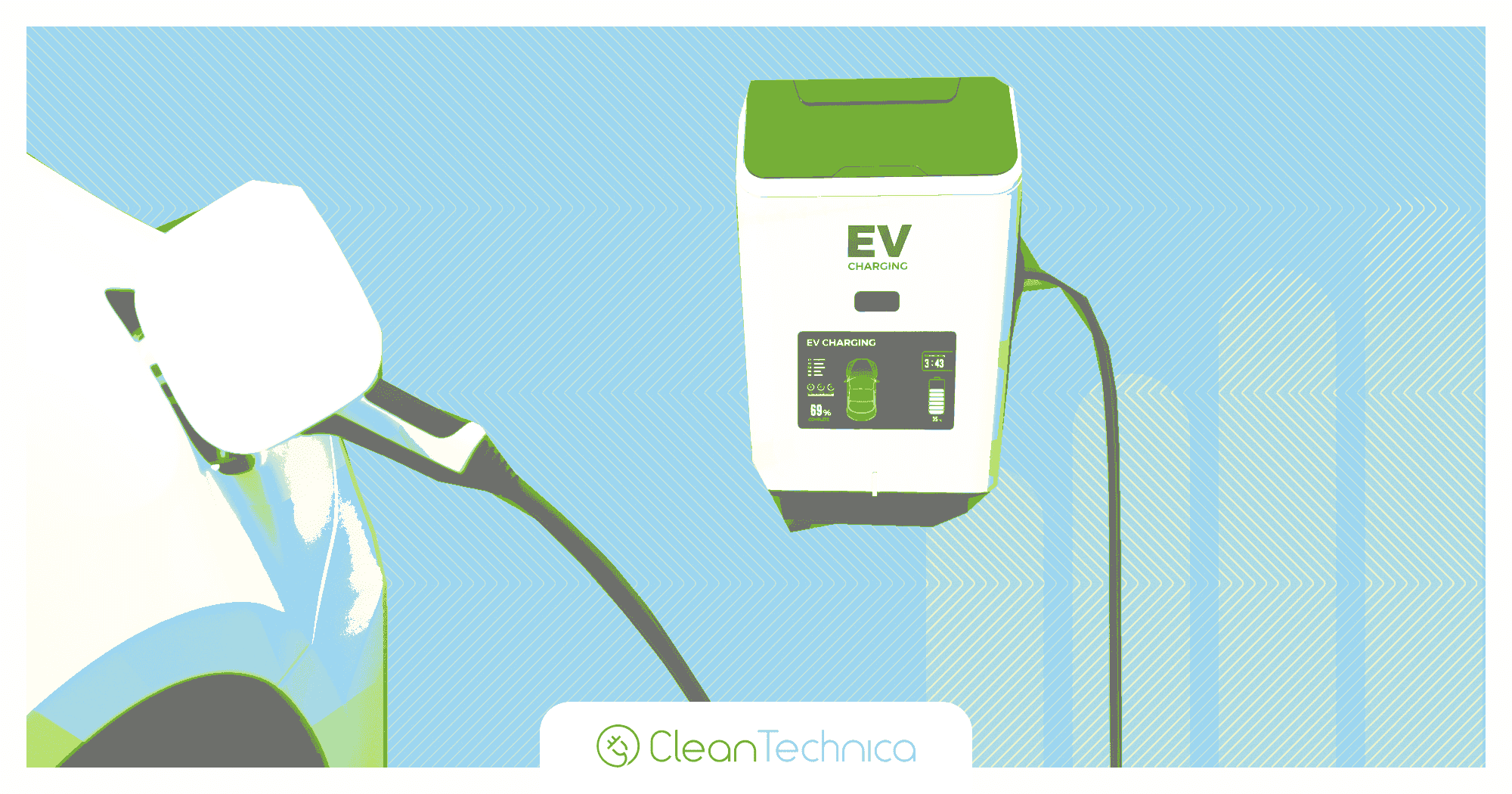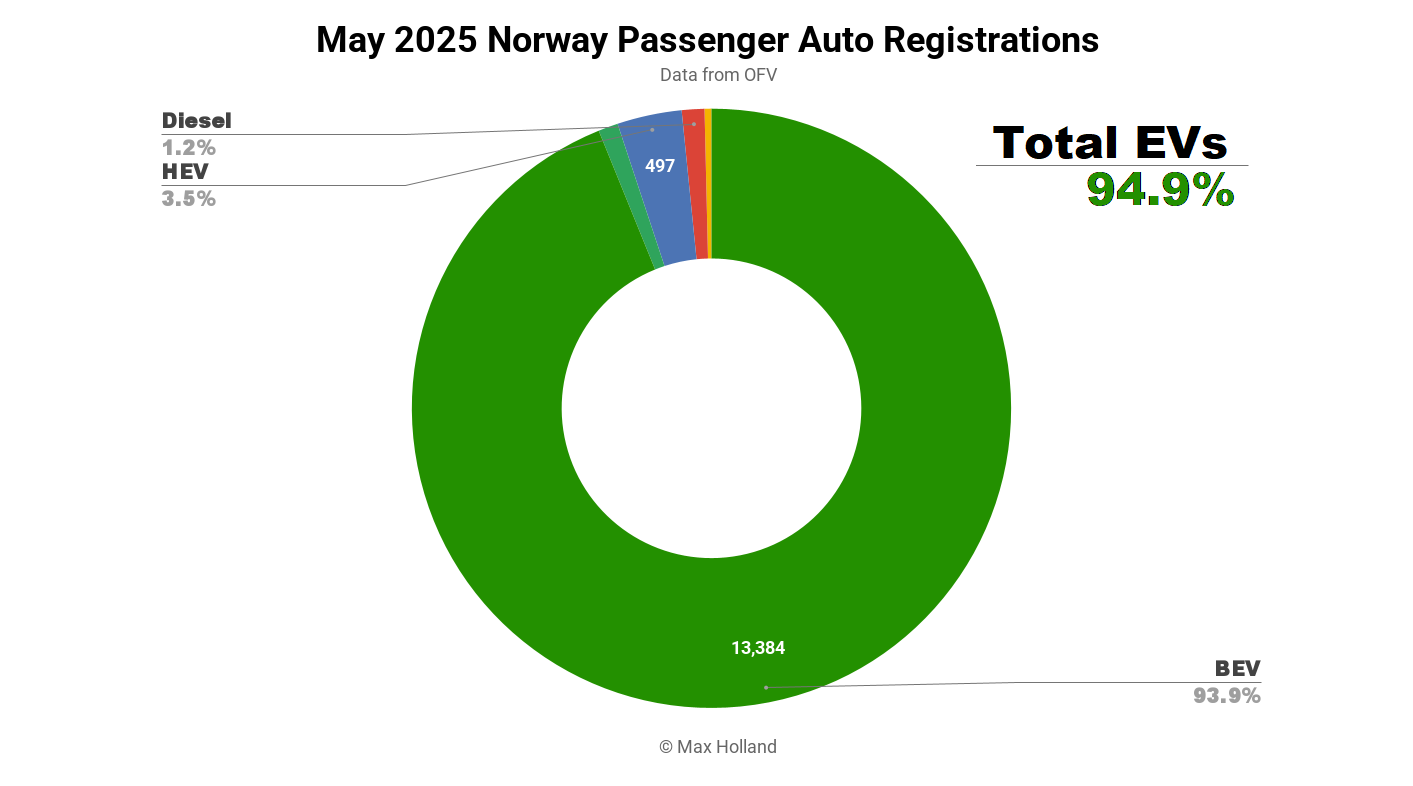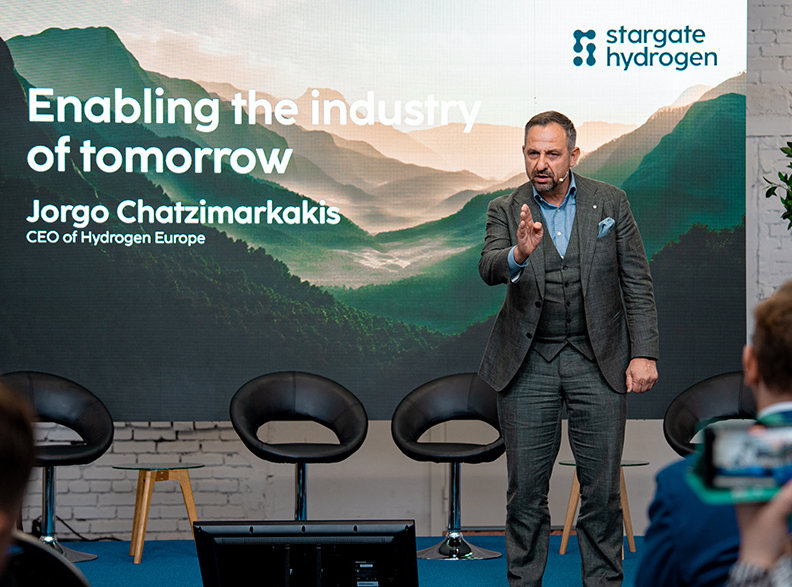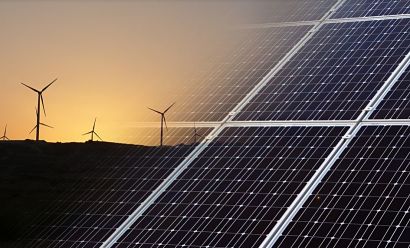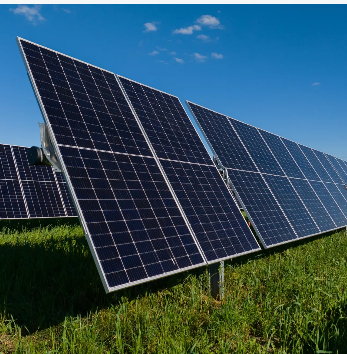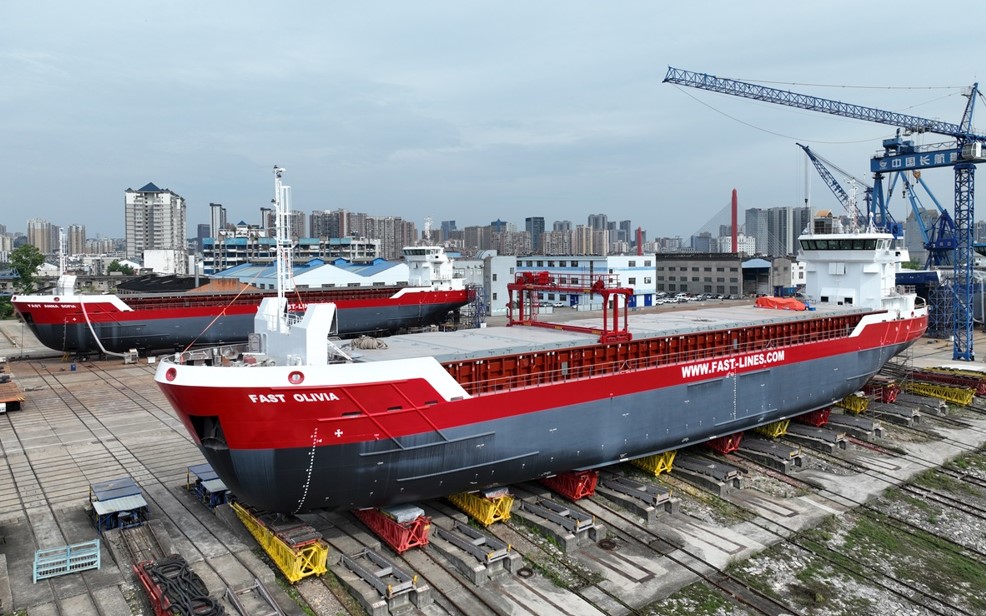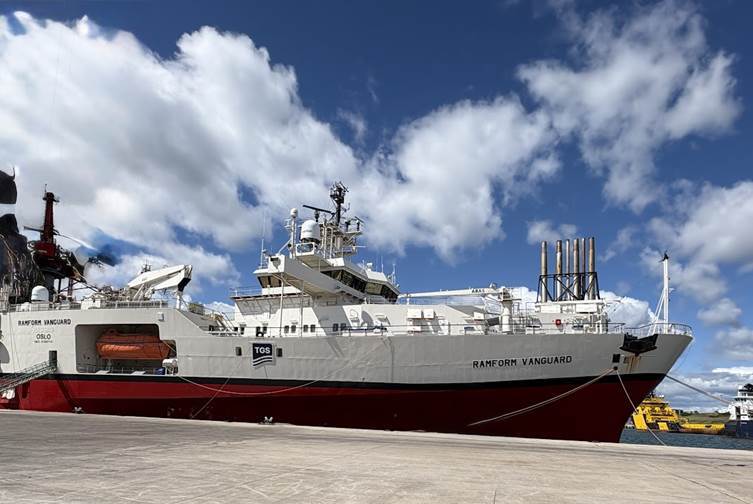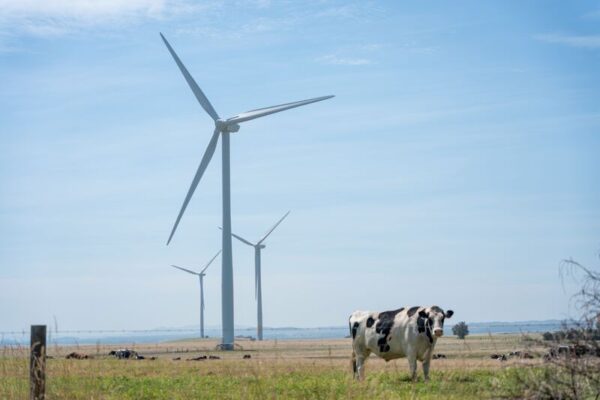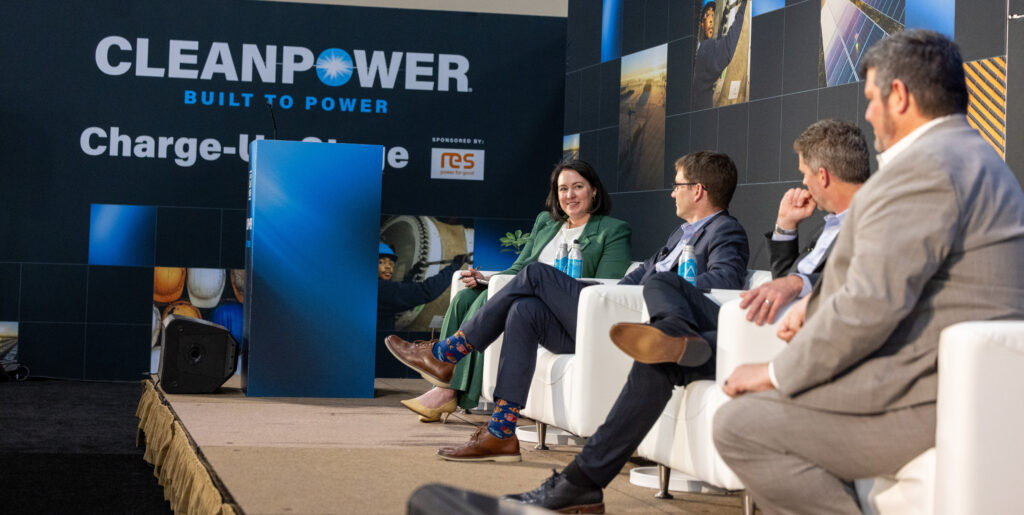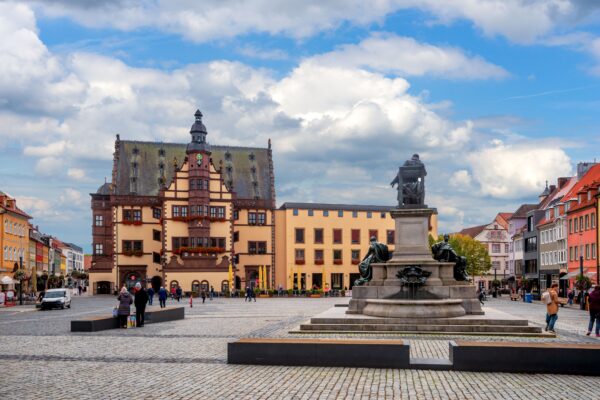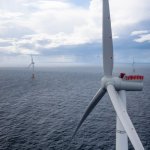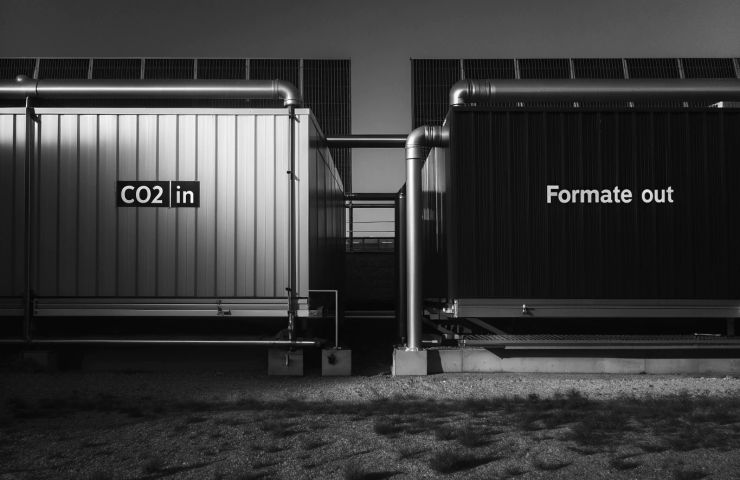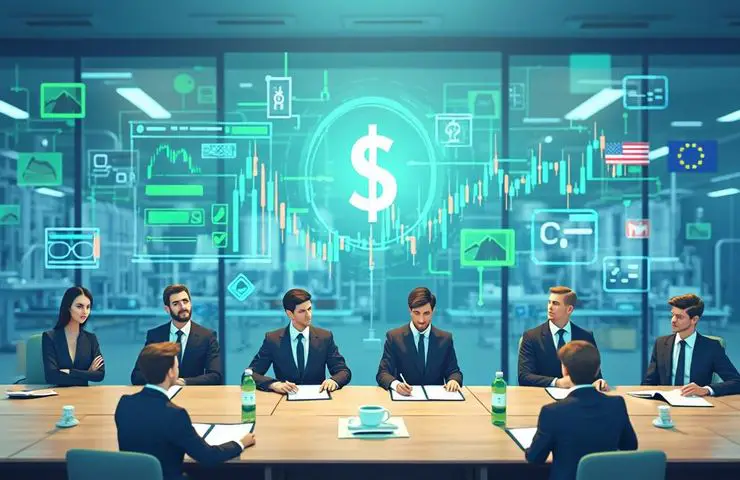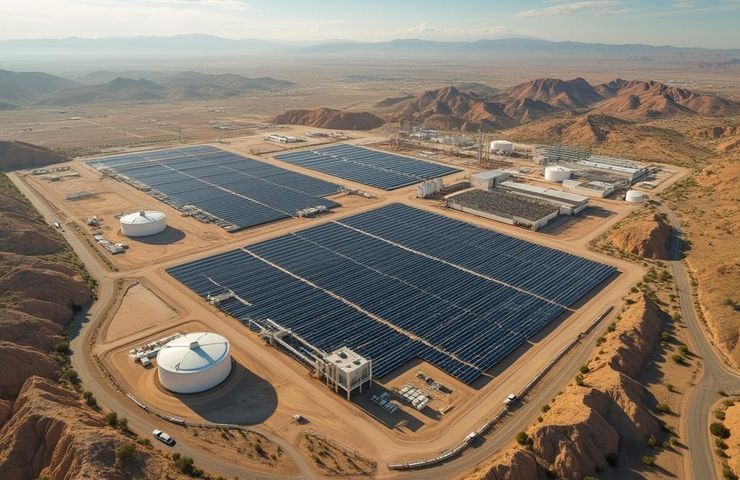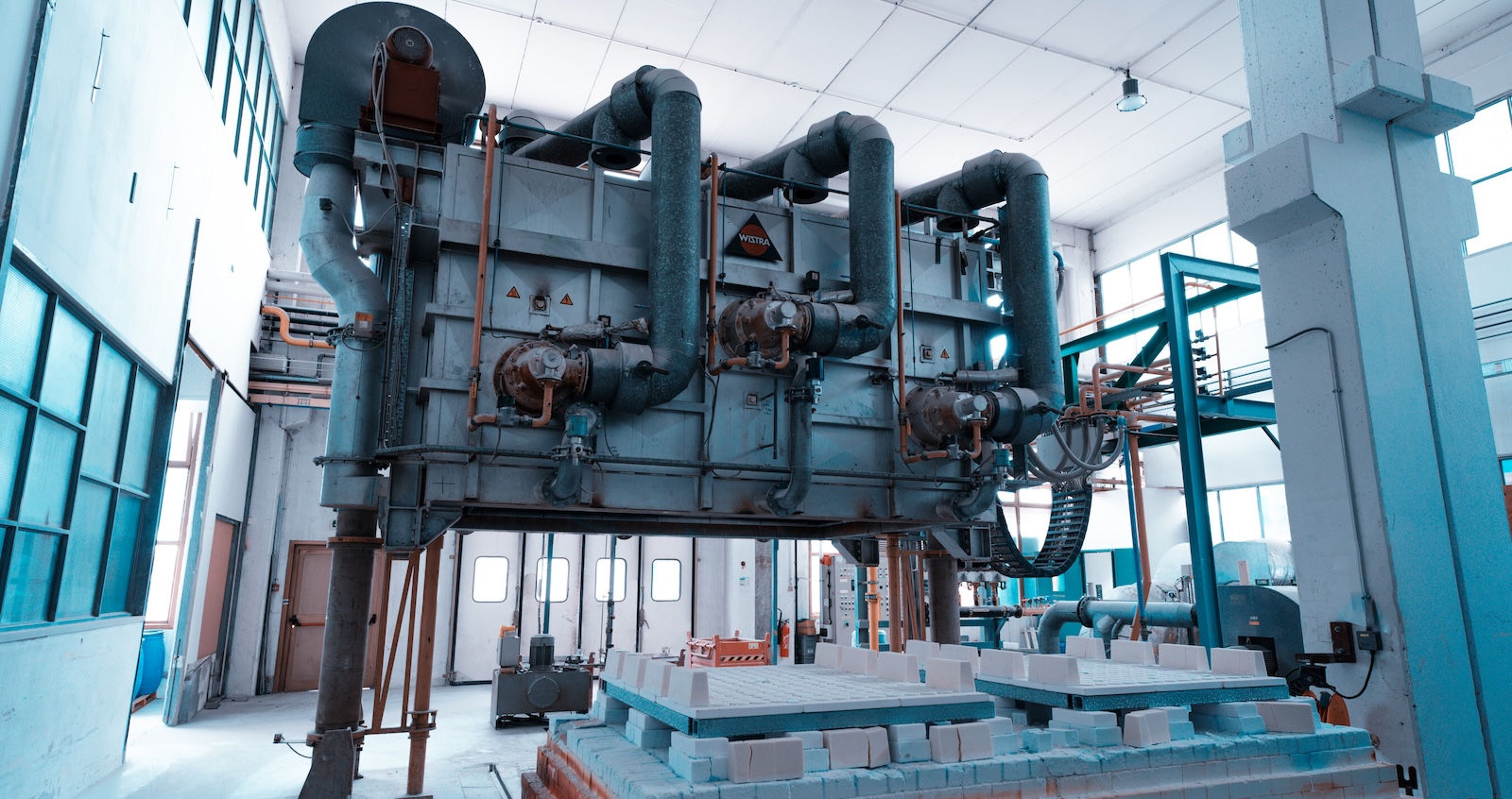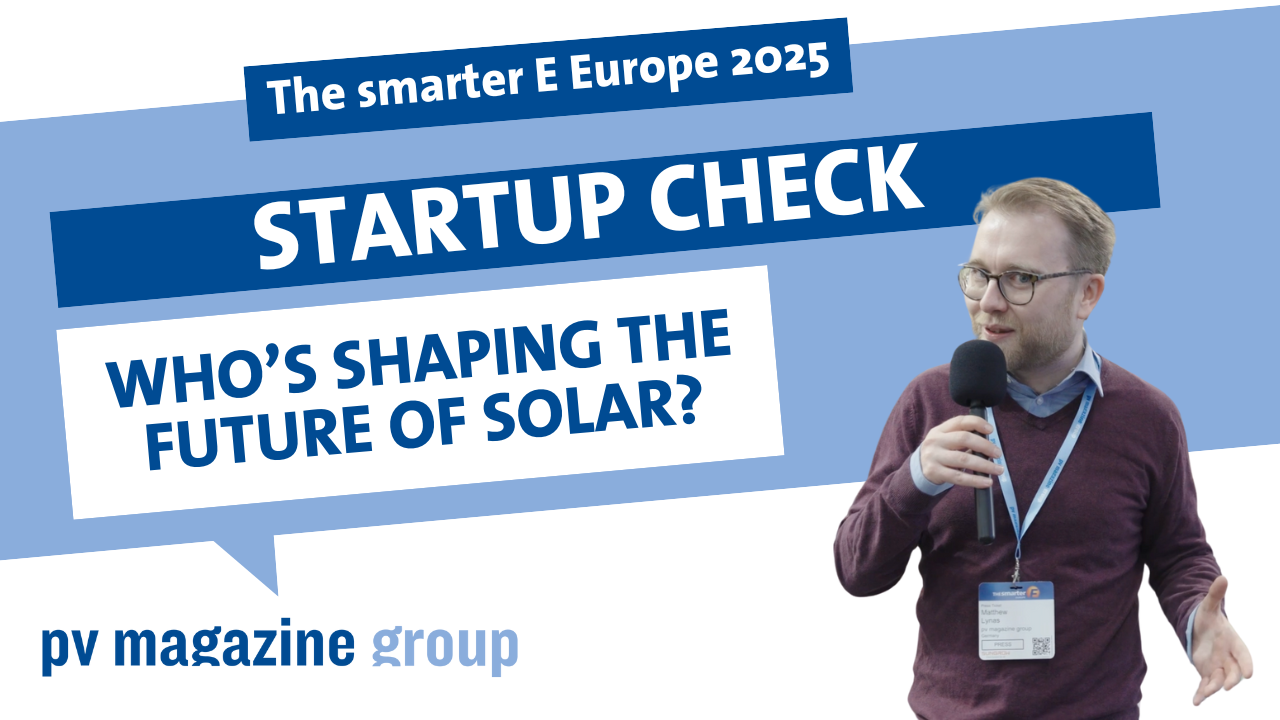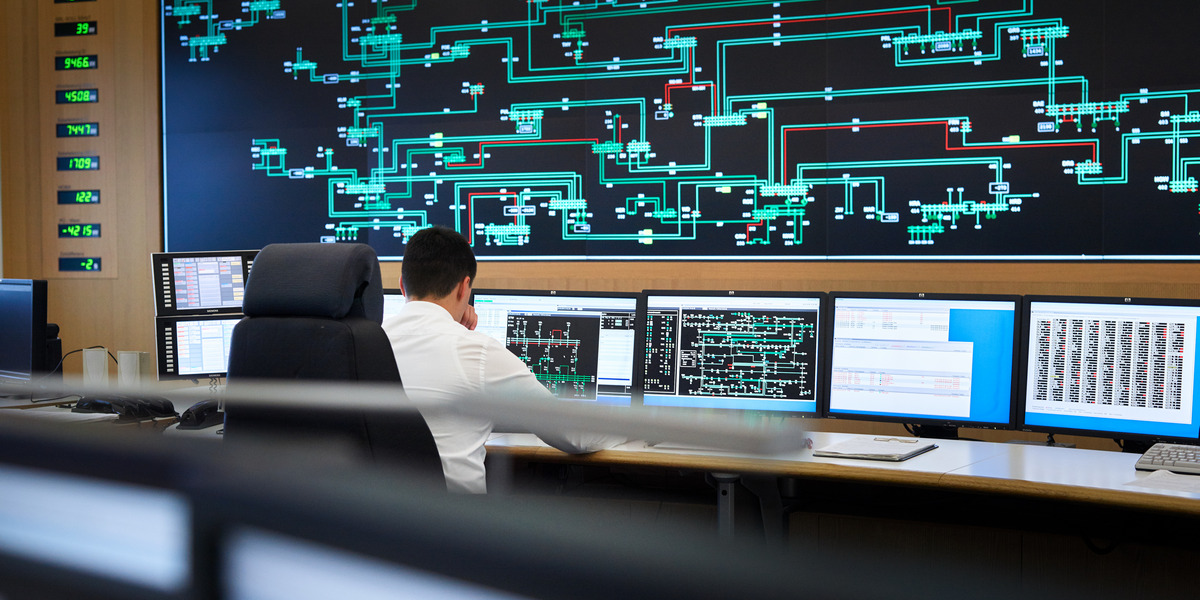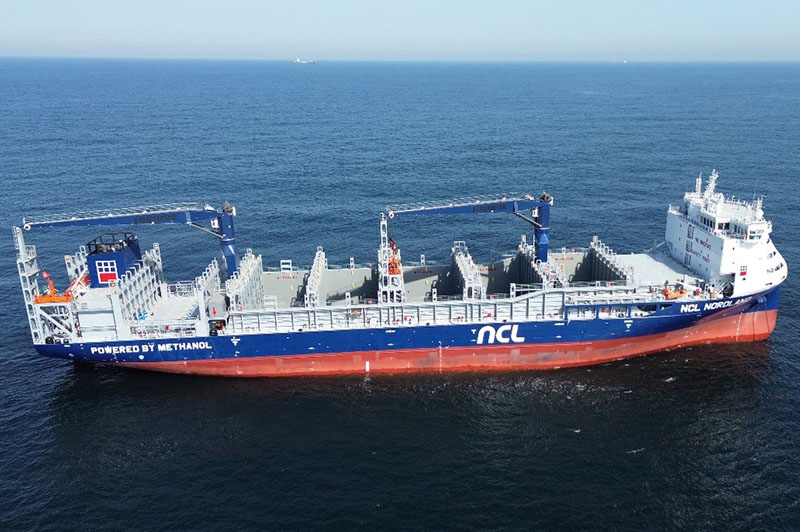‘I wish I had known earlier that impostor syndrome is common’
This week Women in Solar+ Europe gives voice to Krystyna Kacperska, Marketing Director Europe at Germany-based SegenSolar. She says she never labeled her leadership style, but she always strove to lead authentically. "That includes vulnerability. I lead the same way I live: solution-oriented, assertive, empathetic, and open. I care deeply about what happens at work, and while I’m still learning to set boundaries and disconnect, I know that caring makes me a stronger leader," she states.
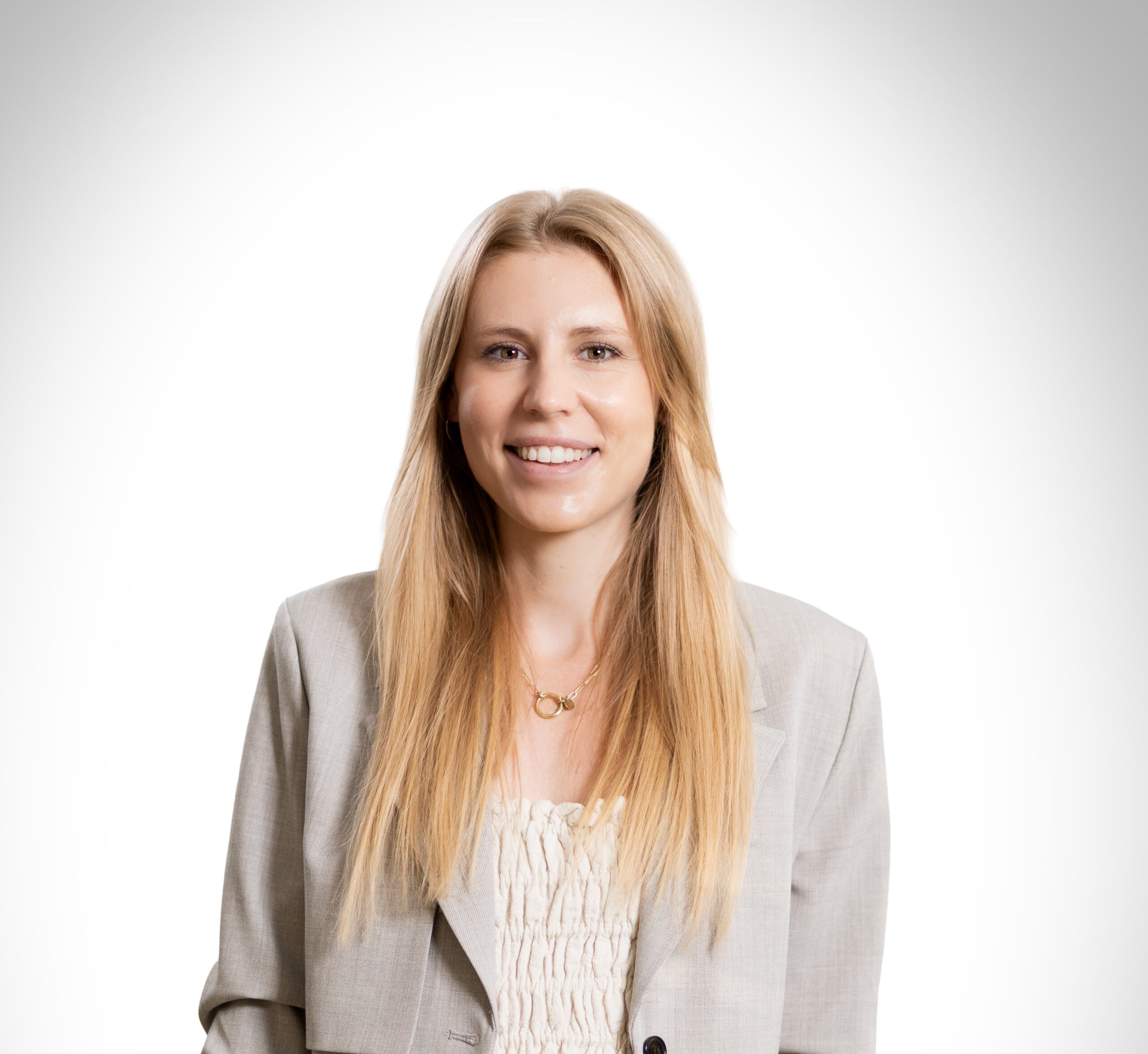
This week Women in Solar+ Europe gives voice to Krystyna Kacperska, Marketing Director Europe at Germany-based SegenSolar. She says she never labeled her leadership style, but she always strove to lead authentically. "That includes vulnerability. I lead the same way I live: solution-oriented, assertive, empathetic, and open. I care deeply about what happens at work, and while I’m still learning to set boundaries and disconnect, I know that caring makes me a stronger leader," she states.
Working in the solar industry has been a transformative experience—professionally and personally. Like many technical sectors, ours still has a significant gender imbalance. Men hold the majority of leadership roles. Yet that very imbalance has allowed communities like WiSEu to emerge—spaces where women connect, share, and advocate for a more inclusive future.
I attended my first WiSEu session in 2023, a year after entering the industry. I was already leading a small team but lacked confidence. Honestly, I almost didn’t go—I felt awkward in networking spaces. But that session changed everything. I met inspiring women, some of whom became lasting professional contacts. More importantly, I began to recognize situations I had brushed off as “normal” for what they really were: inappropriate, unequal, and part of a larger pattern. That awareness was the first step toward deeper transformation—in myself and in how I lead.
One stereotype about female leadership that I’ve consistently encountered, in and outside the solar sector, is the idea that women are “too emotional” to lead. Research shows women are generally more in touch with their emotions—but that’s a strength, not a flaw. Emotional awareness doesn’t hinder collaboration; it enhances it. Leaders who manage emotions well foster more authentic, connected teams. And authenticity is increasingly seen as a leadership strength.
I’ve never labeled my leadership style, but I strive to lead authentically. That includes vulnerability. I lead the same way I live: solution-oriented, assertive, empathetic, and open. I care deeply about what happens at work, and while I’m still learning to set boundaries and disconnect, I know that caring makes me a stronger leader.
During a recent WiSEu workshop, what struck me wasn’t one story, but the realization of how similar our experiences are, regardless of age or background. Many of us had dealt with inappropriate comments, double standards, or our authority being questioned. Hearing “Yes, I’ve been through that too” reminded me these aren’t isolated experiences—they’re systemic.
This plays out clearly in feedback. While its form might be similar across genders, content and interpretation often differ. Assertiveness in men is praised; in women, it’s seen as domineering or “unfeminine.” Men’s emotional responses are often applauded; women’s are dismissed as “too sensitive.” I’ve even been told my emotions were “just hormonal”—a biased and minimizing remark.
There’s also data showing that high-performing women receive more negative feedback than men. While men internalize positive stereotypes, women are more likely to absorb negative ones. I recall HR explaining that women simply “apply less often” for leadership roles. But I thought of that Hewlett-Packard study—men apply when they meet 60% of the criteria; women wait until they meet them all. This isn’t about ambition—it’s a deeper, systemic issue.
To support the next generation of women leaders, especially in our industry, we need to move beyond traditional leadership molds. Today’s workplaces value inclusivity, empathy, and flexibility. Still, I wish I had known earlier that impostor syndrome is common. I face it regularly—wondering if I’m capable, or just lucky. But I’ve learned those feelings aren’t facts.
One tool I use is my “confidence folder”—a collection of positive feedback, achievements, and kind words I revisit during moments of doubt. I’ve also accepted that you don’t have to love your job every day, or feel completely fulfilled all the time. Setting and defending healthy boundaries is not only valid—it’s essential. And while leadership doesn’t have to fit a mold, representation makes a real difference. Early in my career, I had no senior female role models. That changed when I entered the solar industry, and it helped me see my own potential more clearly. Visibility matters.
But we can’t do this alone. Men must be part of the conversation—they still hold much of the influence. Without their engagement, change will be slow and incomplete. But participation must begin with listening. In Poland, it’s still common to see all-male panels discussing women’s rights—an approach that misses the point entirely. We need men to trust and believe what women say about their experiences. That trust is where change starts.
A superpower I’ve discovered is my ability to bridge generations. I’m between Millennials and Gen Z, which gives me a unique perspective. I value age-diverse teams and make a point to learn from both older and younger colleagues. That ability to connect across generations helps build stronger, more inclusive teams—and it’s something I’ll continue to nurture.
The solar and clean energy industries offer a powerful opportunity—not just to fight climate change, but to reshape leadership. By committing to equity, diversity, and inclusion, we’re not just building stronger teams—we’re building the future. And in that future, every kind of leader should have the space to thrive.
Krystyna Kacperska is a dynamic and results-driven marketing leader with a strong focus on the solar industry. Since 2022, she has been shaping marketing strategy in the renewable energy space—currently serving as Marketing Director Europe at SegenSolar, a leading international PV distributor. Previously, she was Head of Marketing at Menlo Electric, where she led marketing efforts across the EMEA region. Krystyna specializes in developing and executing international marketing strategies, managing high-performing remote teams across time zones, and building strong partnerships with global manufacturers. She brings a unique blend of Millennial pragmatism and Gen Z boldness, combining strategic thinking with creative execution in the fast-paced world of solar.
Interested in joining Krystyna Kacperska and other women industry leaders and experts at Women in Solar+ Europe? Find out more: www.wiseu.network
What's Your Reaction?







